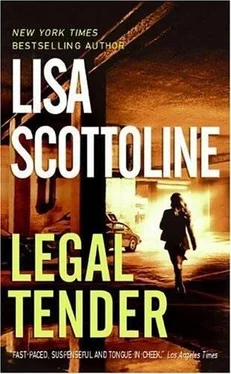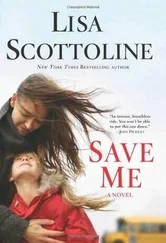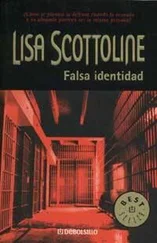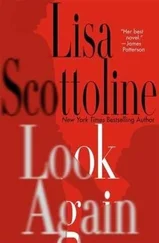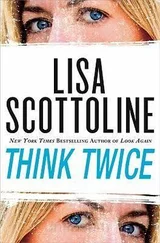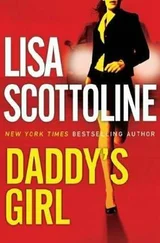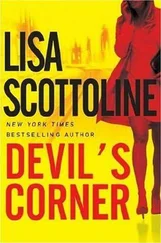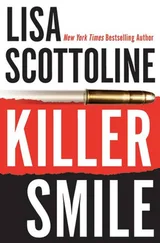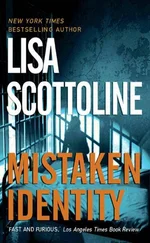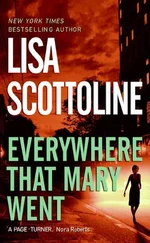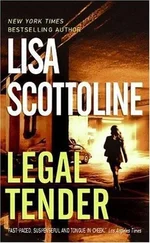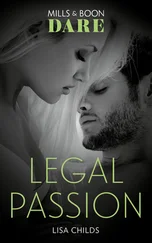“The seizure will only last a minute,” somebody said, sounding far away.
I couldn’t help but watch. I couldn’t help at all. The current ended and the seizure began. My mother’s body lay rigid, but under the blood pressure cuff her foot jerked and twitched. It was sickening. It was appalling. It reminded me of the tourniquet balloon on Bill’s arm. I blurted out, “Is that supposed to happen? Her foot, I mean?”
“Yes. It’s a tonic clonic reaction,” the anesthesiologist said. “The cuff prevents the muscle relaxant from reaching the foot, and we can watch the progress of the seizure. It’ll only last a minute. She’s fine.”
But it was my mother, not his, and she was in the throes of a medical maelstrom. A tempest in her brain, in her body. I wanted to cry. I wanted to scream. I couldn’t believe it was the right thing to do and it was too late to do anything about it.
“It’ll be over before you know it,” he was saying.
And it was, mercifully. Just when I thought I would rip off the fucking electrodes, the twitching in her foot ceased. Her entire body lay still. The seizure was over. She seemed at rest.
I took what felt like my first breath. My stomach would not stay put. Call the cops, haul me off to jail, none of it could shake me the way this had.
“She’ll sleep now,” Dr. Hogan said. “She’ll sleep for maybe half an hour. When she wakes up she may have a headache, like a hangover. Her jaw may hurt. She may be confused or disoriented.”
I fumbled for words. “Can I do anything for her, to make her-”
“No. Just let her rest.” Dr. Hogan squinted at the graph paper coming out of the machine. The black line spiked like the Rockies. “It was a good seizure.”
A good seizure? My gorge rose and I fled the room.
I was still queasy and upset, but I had a job to do. I stuffed two pieces of Trident into my mouth to chase the bile from my teeth and tried to push the horror of what I’d done to my mother from my mind. I didn’t care if it cured her, at this point I was just relieved it hadn’t killed her.
I slipped on my sunglasses and drove down Pine Street in the bananamobile. Stately colonial rowhouses stood on either side, many of which bore the black cast-iron plaque of the National Register of Historic Places. But I wasn’t sightseeing, I was trying to keep my eye on a license plate that saidLOONEY 1.
I wove through the city traffic, stalking my dearest friend. There was no justification for this second breach of Sam’s civil liberties, except, like my mother, necessity. I had to find out about that pink balloon.
Sam steered his red Porsche Carrera left onto Sixteenth Street, without using his blinker. Men never use their blinkers, women do; that’s all I’ll say about it. I took a quick left, almost hitting a pedestrian foolhardy enough to walk her cockapoo through my surveillance, and slowed as we came to the light.
The Porsche turned the corner, then pulled up in front of The Harvest restaurant, letting out a passenger. A young man, dressed in a waiter’s white shirt and black bow tie. Sam’s Cuban alibi. The door closed with an over-priced ta-chock and the car pulled away.
I followed, expecting Sam to drive back to his apartment building, but the Porsche went right on Eighteenth, headed for the Vine Street Expressway, then took the highway to I-95. Odd. I punched up the bridge of my heavy sunglasses and tailed him, checking the rearview mirror to make sure no one was tailing me.
“Miaow,” said Jamie 17. She looked up from her meal, a Snickers bar I’d found on the car floor and broken into pieces.
“What do you want?” I asked, but she paced back and forth in the front seat, jostling slightly as the car took the bumps in the road. I pressed her ridged back, but she refused to lie down. “Be good or Mommy won’t take you on stakeout.”
“Miaow,” she insisted, and I was hoping it wasn’t the bathroom again. Her last mission had stunk up the In box, and I’d had to scoop the stuff into my makeup kit and throw it out the window so I wouldn’t asphyxiate.
We drove up I-95 north, me and Jamie 17 behind Sam, through endless stretches of billboards into the ugly industrial sections of Philly. Huge, empty warehouses stood crumbling, their windows punched out. The highway signs were covered with graffiti. Hattie had lived here for a time, and it was hard to imagine her growing up on any mean streets, because she was so kind. She’d even volunteered to take Jamie 17, but I knew she’d have her hands full with my mother.
“Miaow!”
“Please.” I picked her up and set her on my lap, almost driving right past the Carrera in the process. Sam had turned off I-95 and was heading down the off-ramp from the highway, running parallel to me. Shit. I wrenched the car onto the shoulder and came to a full stop. The Carrera roared ahead, down the exit ramp, and I risked my life by backing up to the exit on the potholed shoulder. Jamie 17 fell asleep, oblivious.
I hit the gas and shot to the exit ramp. Where was Sam going? I’d never been here, and my practice took me to some of the seamiest precincts in the city. I sped to the end of the ramp and looked right, then left. Christ. I’d lost him.
I tore off my sunglasses and turned left, squinting through the growing darkness. The day was almost over, but it was still light enough to see that this was one of the worst neighborhoods ever. I hit the gas and drove by one deserted brick rowhouse after another, a painful contrast with the colonial homes lining Pine Street. These rowhouses wouldn’t find their way onto any historic register, they were already history.
Most of the vacant houses were boarded up with tin or plywood. Some weren’t, and their upper two windows were empty and black as the eye sockets of a skull. The porches that still existed sagged dangerously and every three blocks was a vacant lot strewn with rubble, broken bottles, and trash. Children played on one of the blocks, skipping double Dutch on the sidewalk, a feat as accomplished as any Olympic athlete’s. But these kids would never make it to the Olympics. They’d be lucky to make it out of the neighborhood.
I turned the corner, looking for Sam, wondering when my hometown had turned into a war zone. Struck with the same insight I’d had at the Roundhouse, then again at the Homicide Division. Only now I knew which side I was on. I didn’t look like them but felt just as alienated, or at least as alienated as a former blonde can be. I was wondering whose side Sam was on when the light changed.
I cruised forward and a squad car popped into my rearview mirror. Oh, no. Stay calm. It joined the line of traffic behind me, swinging into place only one car away, behind a red TransAm with smoky windows. I couldn’t take my eyes from the rearview mirror. My fingers tightened on the steering wheel. I slouched in the bucket seat, and Jamie 17 lifted her triangle head from her paws.
“It’s the heat,” I told her and she went back to sleep, apparently less anxious than I. I had no registration for the bananamobile, no driver’s license, nothing in a Linda Frost name except the Grun ID.
The TransAm took a hard left down a side street, leaving no buffer between the cops and me. The police cruiser pulled up closer, bridging the gap. I felt my hackles rise, from fear. The squad car was on my bumper as I reached the next traffic light, which turned red. I didn’t dare run it. I groaned to a stop, wishing I were blond again. Cops love blondes, especially young cops like these two, sitting side by side in the front seat like the Hardy Boys.
The light turned green and I hit the gas, trying not to speed in panic. I knew I was acting nervous, I was feeling nervous. The cops tailed me as the street widened to two lanes. I could see the cop in the passenger seat talking on the radio. Was he calling in the plate? My God.
Читать дальше
